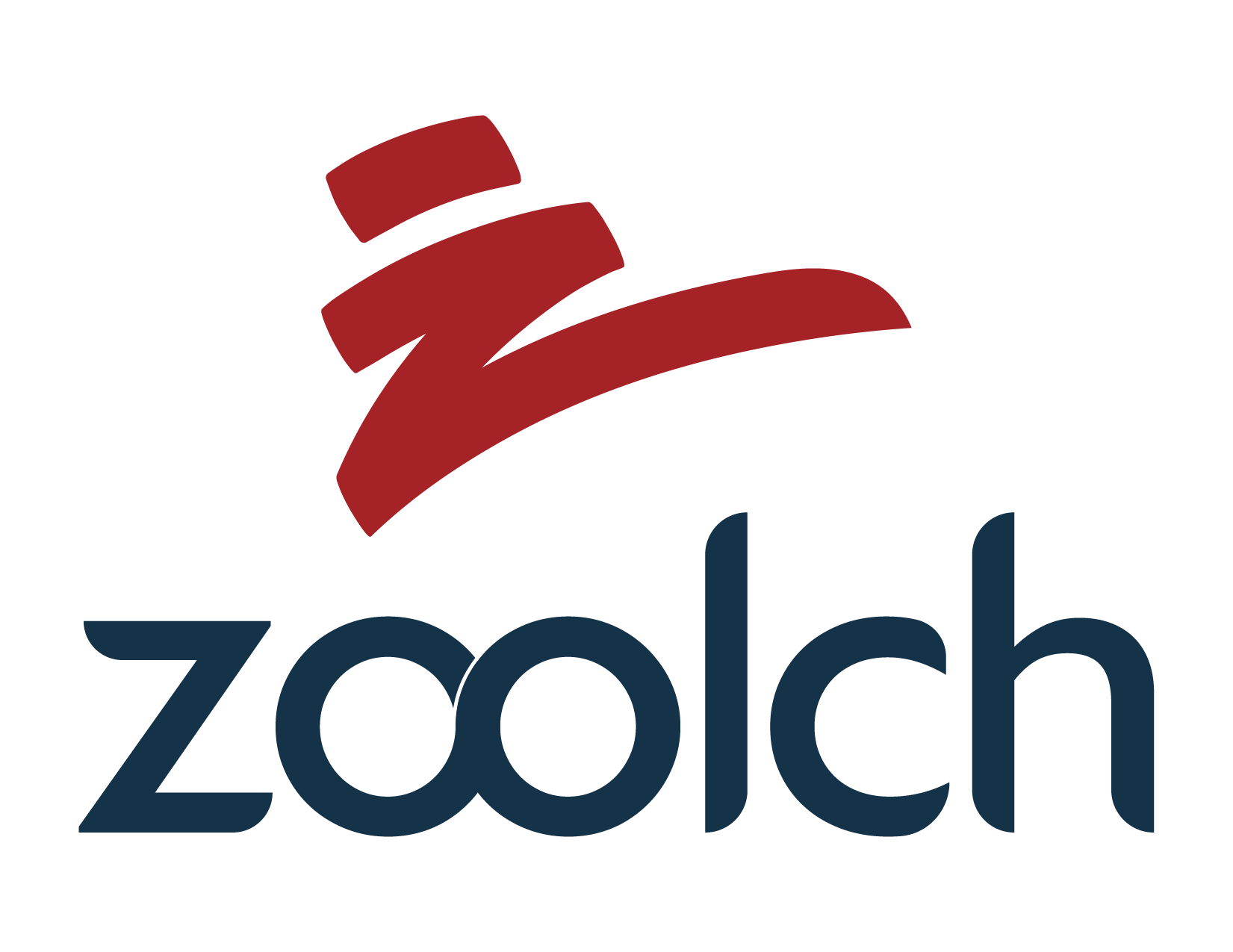Looking up from your to do list, the future just walked into the office carrying a cup of coffee and an algorithm, and it smiled like someone who already knows your favorite mug.
Tomorrow’s Workplace, Today: Where Human Potential Meets AI Precision
The future isn’t far, it’s here, and it’s learning fast.
There’s a quiet rearrangement happening at desks and shop floors and in clinic halls: machines are taking the scaffolding of repetition and handing back to humans what was always theirs to hold curiosity, care, and the courage to imagine.
Think of it not as automation stealing tasks, but as liberation by design. An AI trims the thicket of routine; a human steps into the clearing to plant something unexpected.
The First Morning You Notice Time Again
A project manager used to spend mornings stitching together status reports from five different tools. Now, an assistant agent compiles the updates, highlights the risks, and suggests three next steps. She reads, nods, and spends the morning mentoring a junior who’s ready to lead for the first time. That hour she reclaimed is not just time saved, it’s an invitation to teach.
Across town, a nurse on night shift stops mid-chart because a patient says, “I can’t sleep.” Instead of wrestling with a clumsy interface, she taps a voice note. The EMR drafts the note, reconciles meds, and queues a gentle alert. Her hands are free. Her presence is whole. The machine handled the bookkeeping; she tended the human.
Precision That Feels Like Care
AI brings the kind of accuracy that matters: catching a drug interaction before an IV runs, predicting demand so supply trucks arrive ahead of a storm, surfacing a student’s slow drift in engagement before they disengage completely. Precision is mercy when seconds and choices shape outcomes.
We trade the brittle tyranny of multitasking for a new contract: machines remember the details; humans remember the meaning. The result is teams that act faster and wiser not because tech is clever, but because it makes space for human judgment to breathe.
New Roles, Not Replacements
The workplace now asks us to retrain not our hearts, but our habits. The barista becomes a curator of experience, the data analyst becomes a translator between model and meaning, the factory hand becomes a systems coach for collaborative robots. These are not lesser jobs. They are higher-order crafts: designing, mentoring, interpreting, and deciding.
Where routine once defined worth, creativity and compassion do now. AI sharpens the tools; humans choose what those tools build.
Learning, Together
The fastest learners in tomorrow’s workplace aren’t the machines alone they’re teams that practice together. They pilot small, collect feedback, and treat AI like an apprentice that must be taught the subtleties of context, ethics, and care. They keep the override close and the explanations clear. Trust is not given; it’s grown, with transparency and humility.
The Quiet Economics of Human Time
Companies that master this balance don’t just cut costs. They compound human value. Minutes saved multiply into hours for mentoring, strategy, and wellbeing. People who once left exhausted now return with space to innovate. Productivity isn’t measured only in outputs but in the quality of presence.
A Gentle Warning and a Hope
Precision without purpose risks perfection for perfection’s sake. The cruelest automation is one that frees time but gives nothing worthy to fill it. So the real design question is ethical and poetic: What do we want people to do with the time we return to them? Teach, care, create, rest choose that economy.
A Small, Real Offering
Tomorrow’s workplace is not a distant skyline. It is happening in a cafe where orders predict your mood, in a hospital where alerts surface before a crisis, in a school where personalized tutors spark curiosity. It’s not flawless yet. It will stumble. But in every small success an afternoon reclaimed, a life stealing error averted, a team learning together we glimpse the promise: machines that extend our reach, not replace our reachers.
So stand up. Walk to the window. The future is not a machine that arrives and takes over. It is a companion at your elbow, sharpening the tools of the work you were born to do. Teach it well. Ask it kindly. Let it be tedious so you can do the tender.
After all, precision is simply the scaffolding human potential is the cathedral we build on it.
